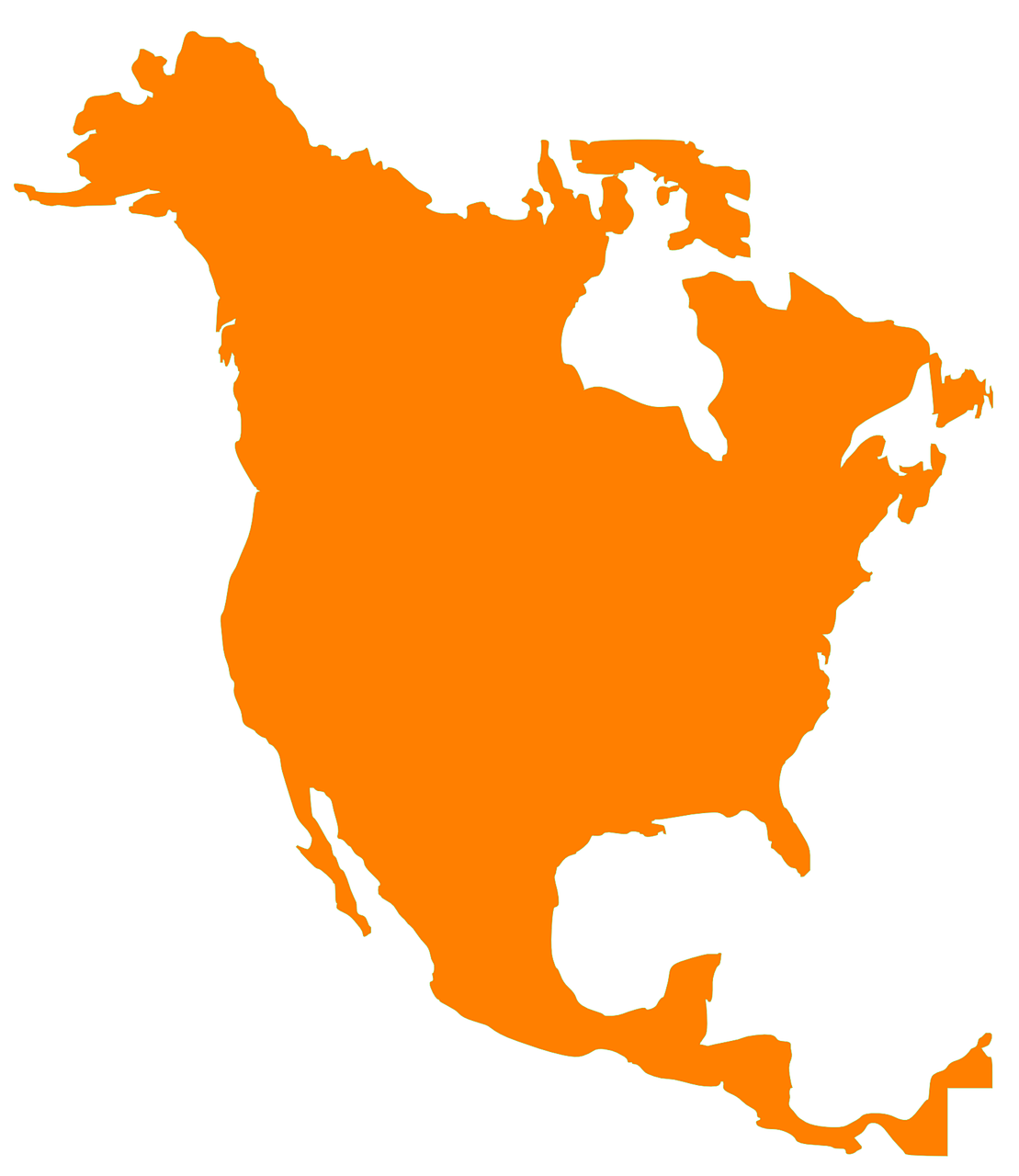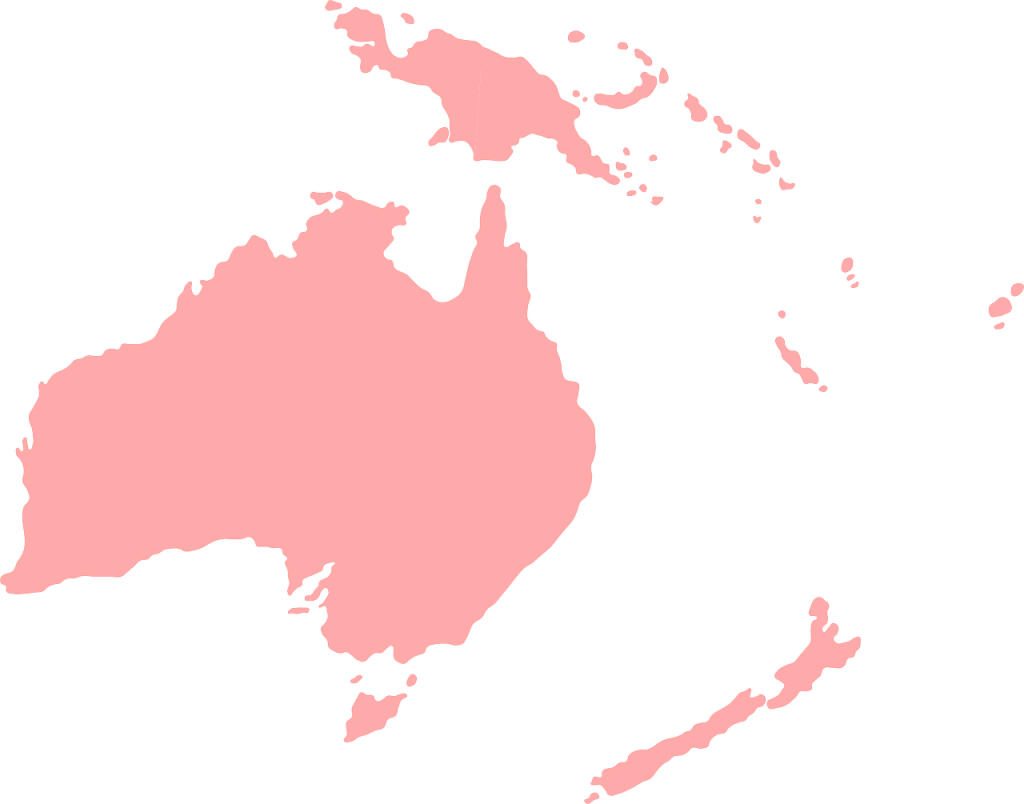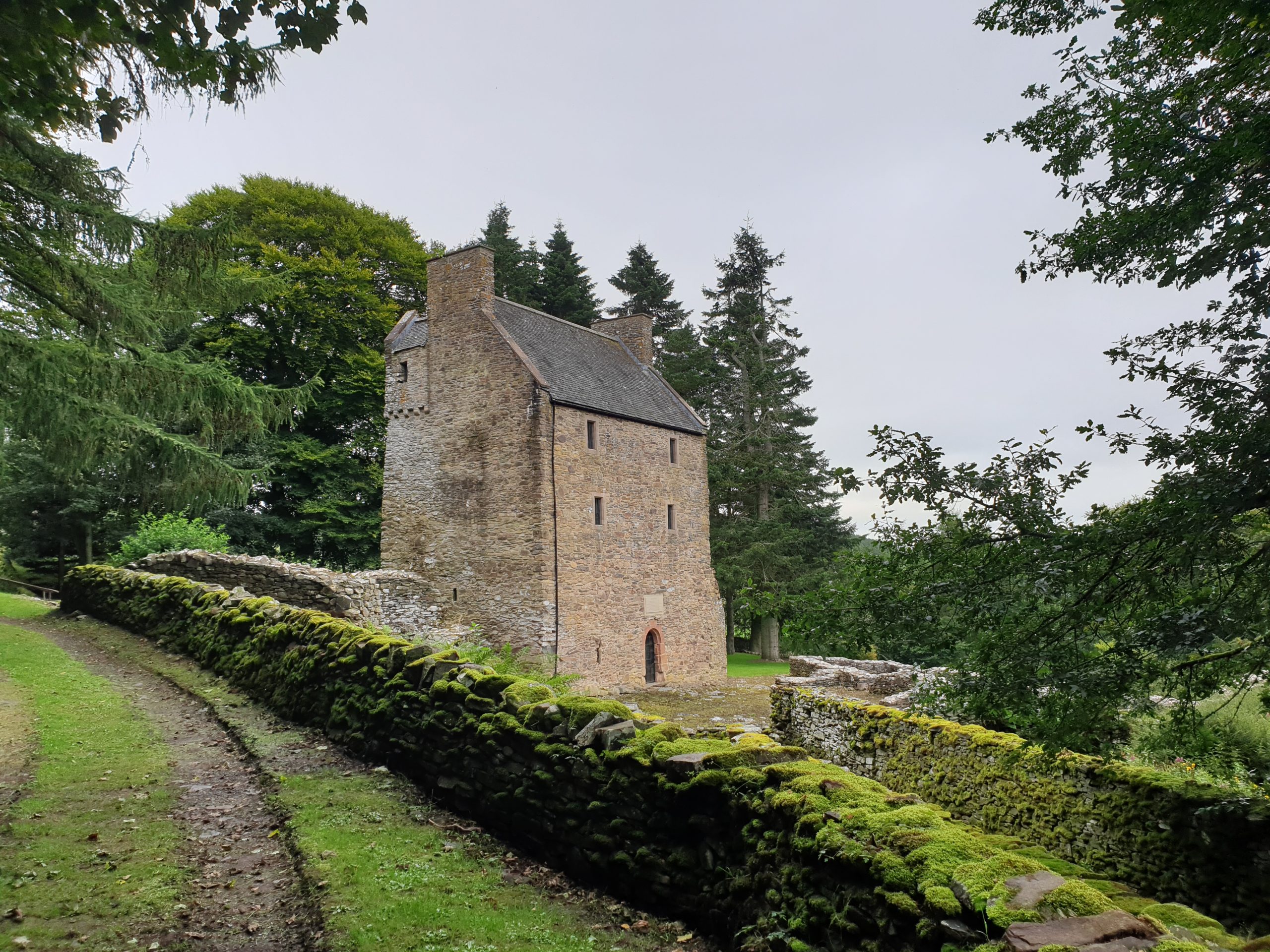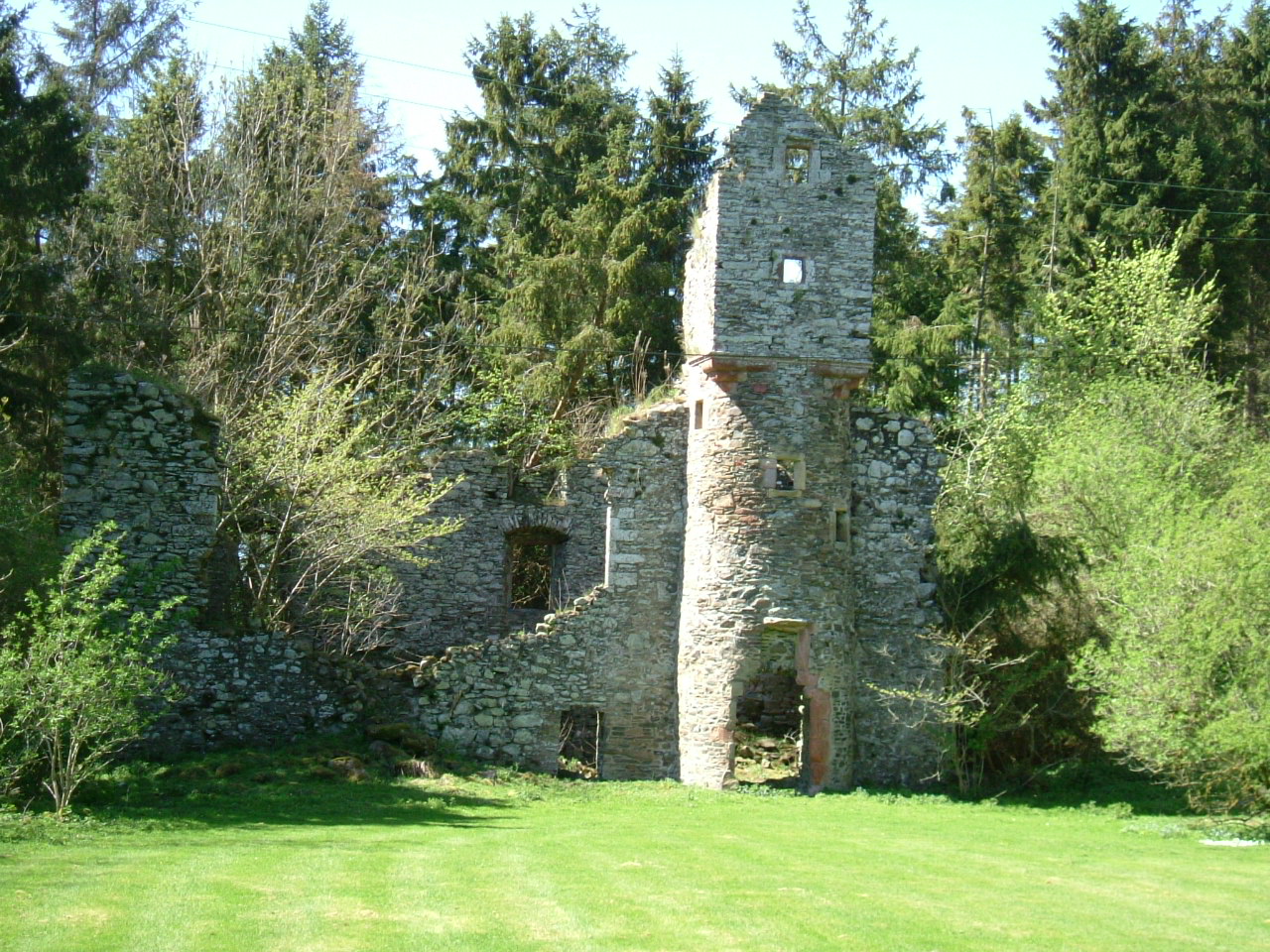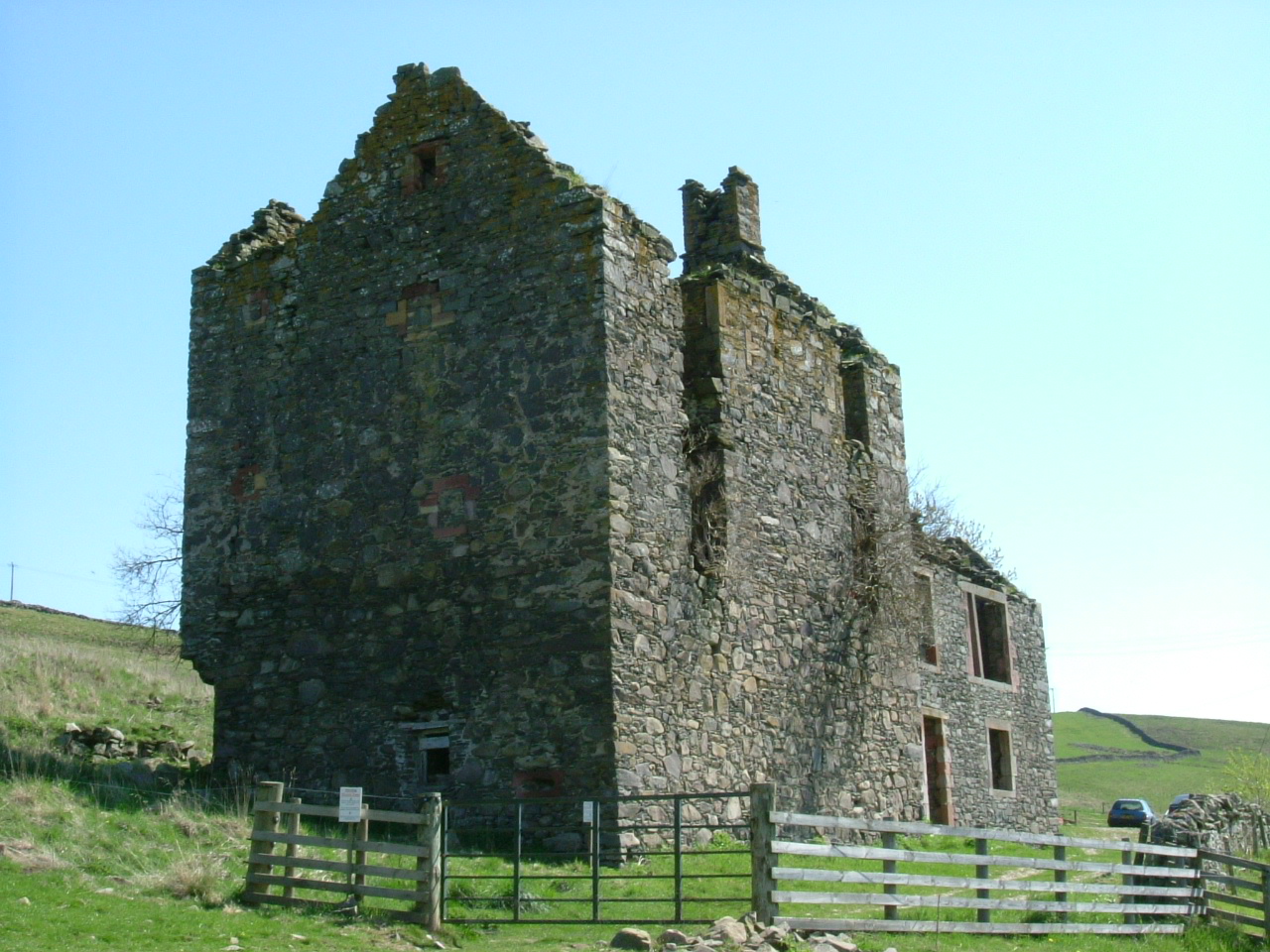Welcome to…
The Clan Pringle Association
A registered Scottish charity: SC043865
Amicitia Reddit Honores (Friendship Reflects Honors)
About Us
Welcome to the Clan Pringle Association Website!
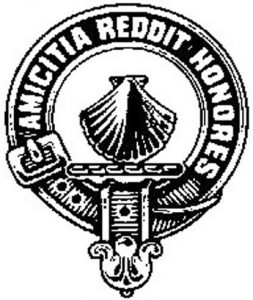
The surname Pringle is one of the oldest place-names from the Scottish Borders. Pringles have lived in the Gala Water area of the Scottish Borders since the Dark Ages and the surname was first recorded in the reign of King Alexander III of Scots in the mid-13th century. It is a Scottish place-name and is derived from the name of our original homestead “Hoppringill” in the Parish of Stow of Wedale.
The Pringles are Lowlanders, not Highlanders so we didn’t ever wear highland dress, such as tartan kilts; see our tartan page for more information. Scotland was always culturally divided between the Highlands and the Lowlands, along the mountains of the highland line. The Highlanders spoke the Scots Gaelic language, wore Highland dress and lived in a Celtic tribal clan society. The Lowlanders, the Pringles among them, spoke the Scots language, just as Robert Burns the poet did, and lived in a feudal society. However the Border Surnames behaved in a clan like manner, banding together for mutual support. Please see the many examples of that in the ‘The Records of the Pringles.’ Many Scottish surnames of the Borders now refer to themselves as ‘clans’ despite that originally being a Gaelic Highland term for a tribe. If the far larger Border surnames can adopt Highland customs and traditions, so the the Pringle surname.
If you are a Pringle you are welcome to join our Clan Association which was constituted in 2012, to come along and meet us and our clan chief Sir Murray Pringle, 10th Bart., at our clan gatherings and you are also welcome to join our Pringle DNA project. If you are interested in Pringle genealogy, please visit our Genealogy Resources Page. You can also download and read our Clan Pringle Newsletter.
Facebook Page: Clan Pringle Association
Facebook Group: Clan Pringle Association of North America
Facebook Group: Aotearoa NZ Pringles
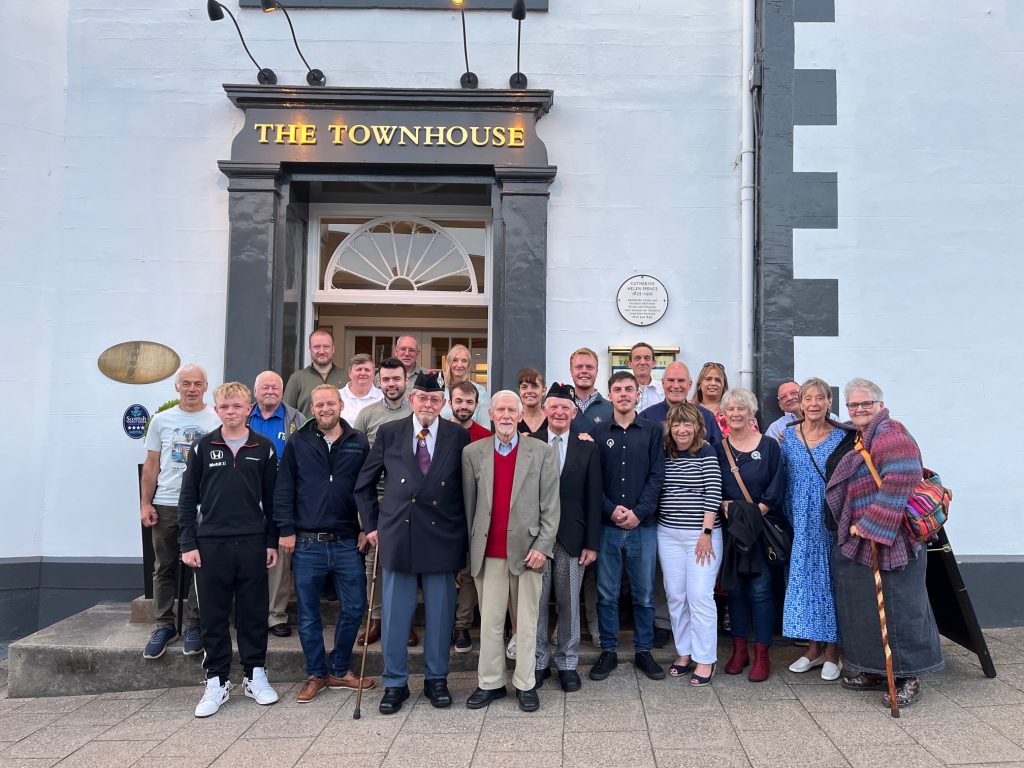
Sir Walter Scott of Abbotsford on the Pringles:


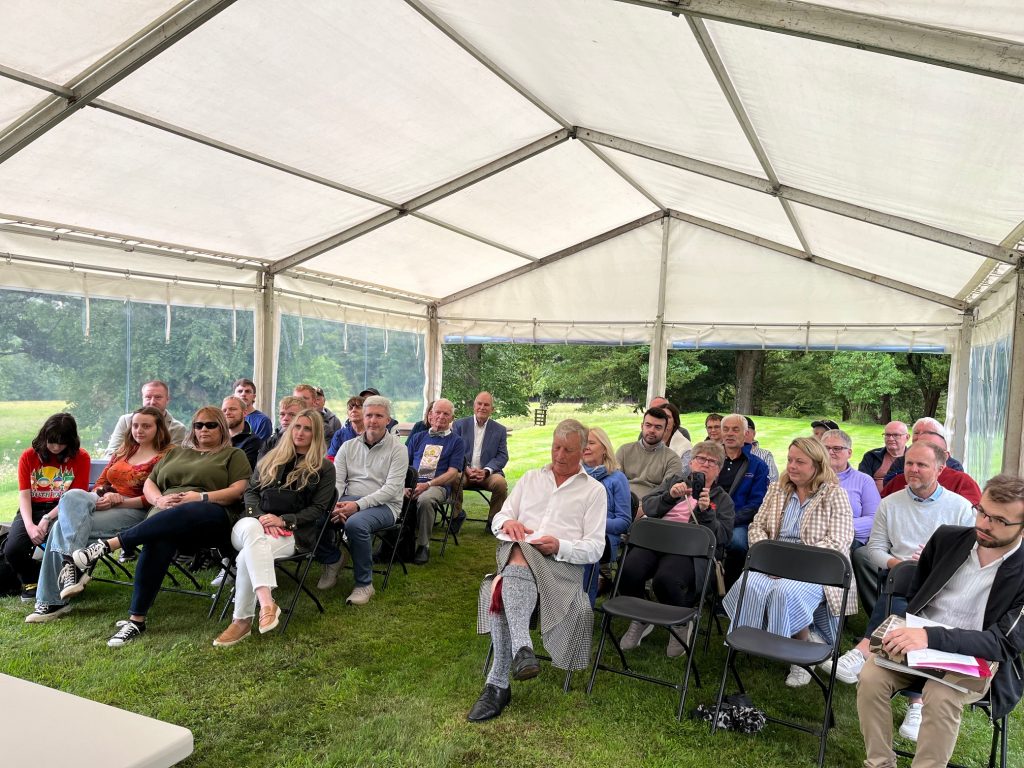
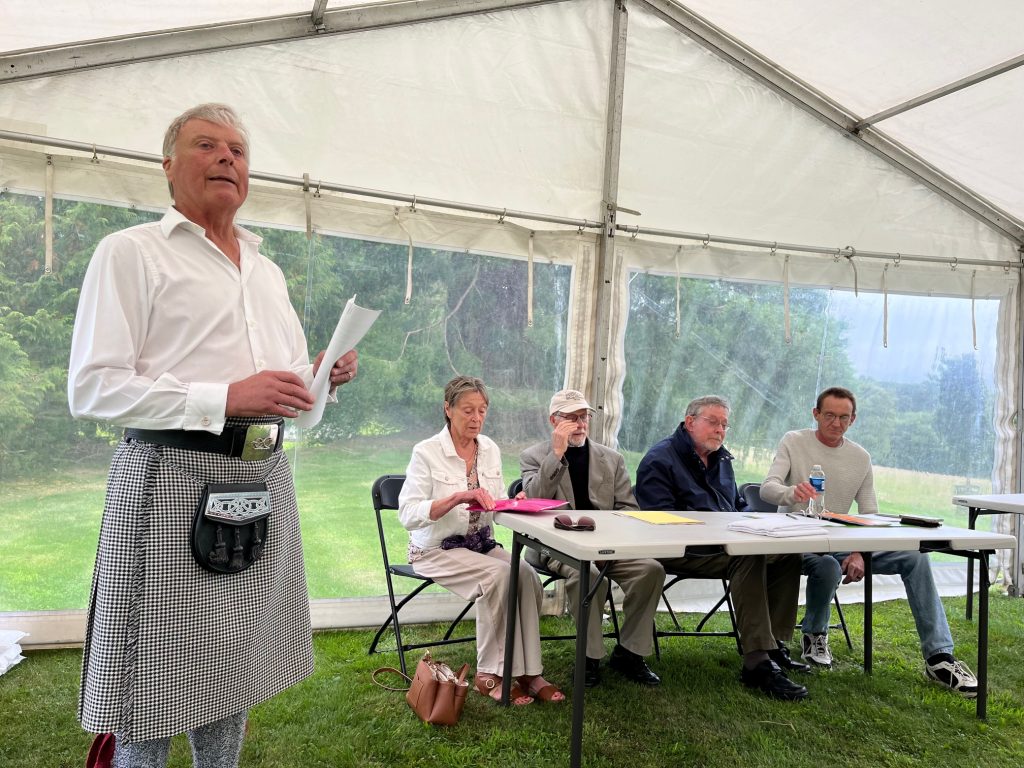
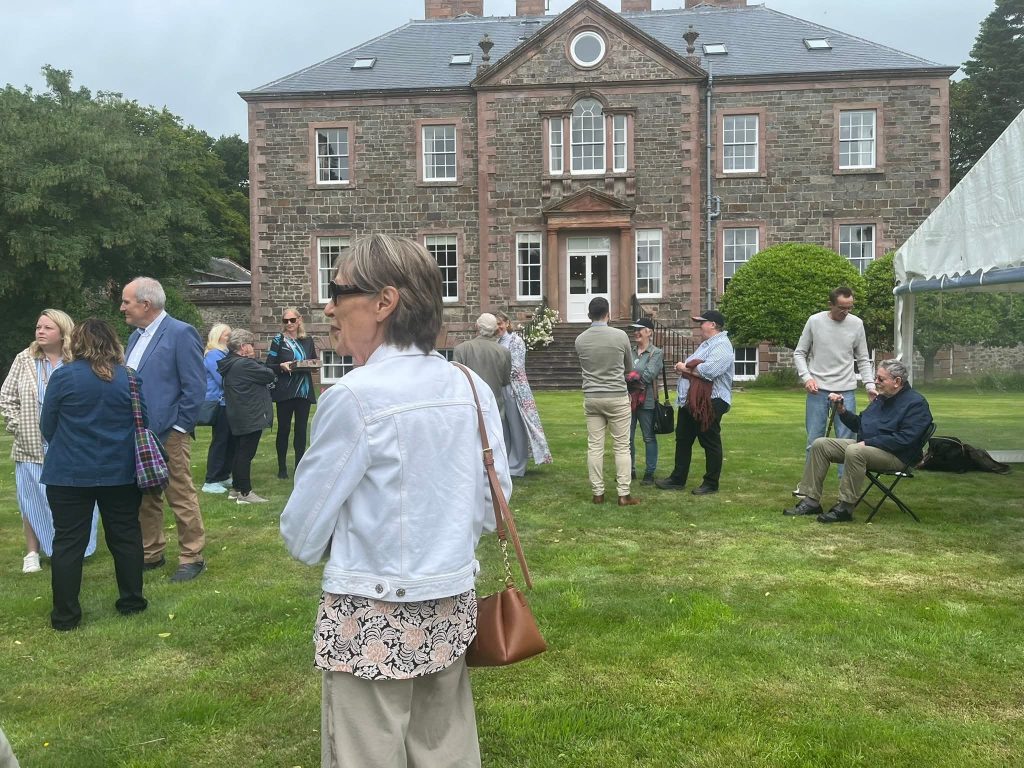
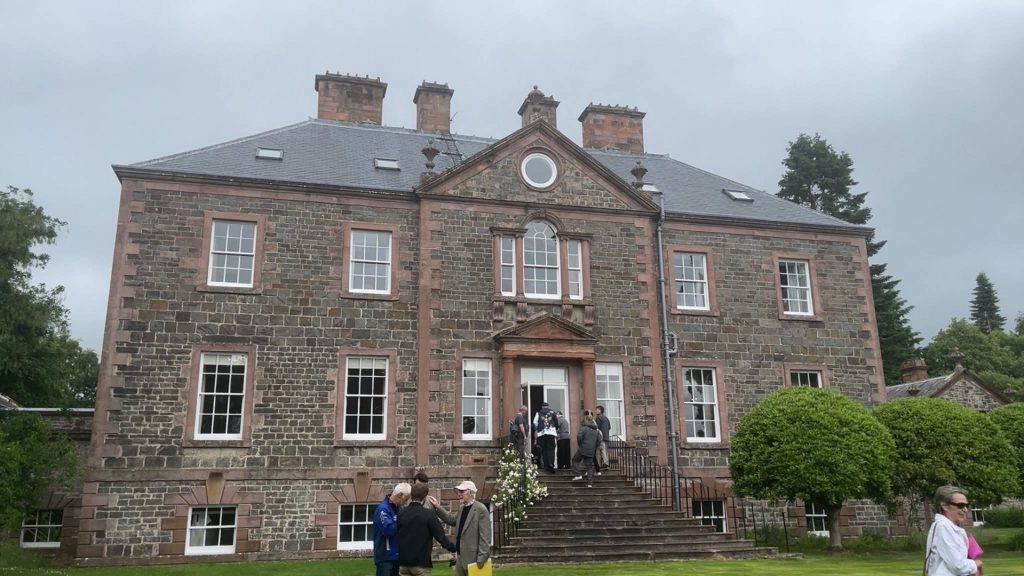
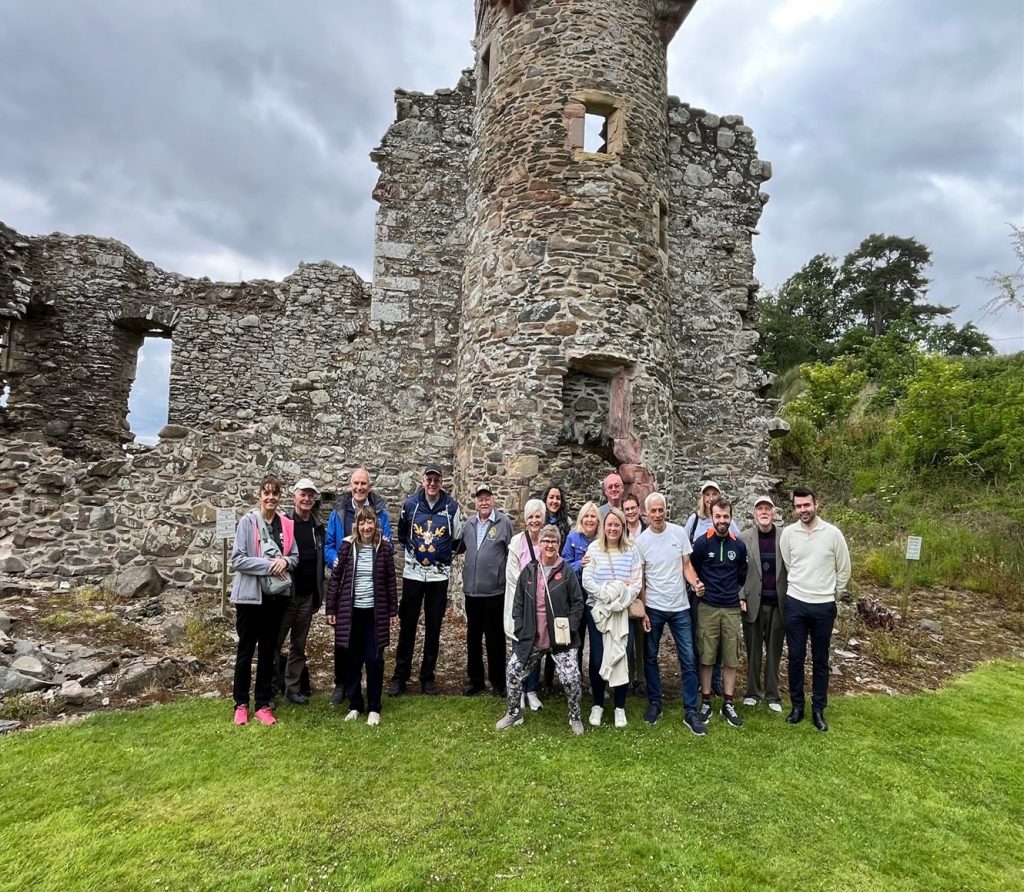

Zoom Meetings
The CPA has regular Zoom Meetings, please see the CPA Newsletter for more details and for the date of the next meeting.
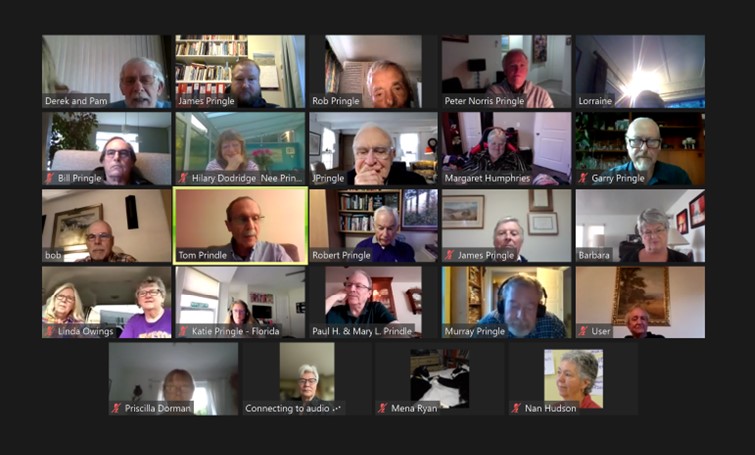
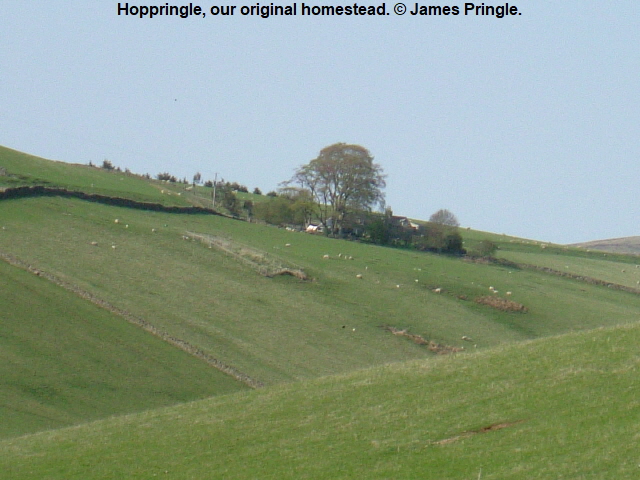
OBJECTIVES:
To raise the public profile of the clan and highlight the honour of the Pringle name.
To promote Pringle history and to correct the errors of previous historians.
To protect and preserve the historical sites that have been the home to Pringles throughout history.
To conduct Pringle genealogical research and DNA research.
To include the worldwide Pringle diaspora in the Clan Pringle Association.
To provide a forum through which Pringles can contact and communicate with each other.
MISSION STATEMENT:
“To connect our family worldwide; to share, research and preserve its history.”
Pringle historic homes:
Buckholm Tower is yet to be stabilized and is still suffering damage from the weather.
Support Us
The Pringle Charity Fund:
The Clan Pringle Association met the charity test and achieved charitable status in 2013, under the Charities and Trustee Investment (Scotland) Act 2005, and was entered into the Scottish Charity Register. The Clan Pringle Association charity is regulated by the Office of the Scottish Charity Regulator (OSCR).
To make a charitable donation to the Clan Pringle Association, please send a donation via PayPal to our Treasurer at:

Our charitable aims and objectives are:
Your charity’s registered name is: The Clan Pringle Association
Your charity number is: SC043865
Your charity was registered on: 18 March 2013
Your principal contact address is: Torwoodlee, Galashiels, Scotland, TD1 1TZ
Your charitable purposes are: G – the advancement of the arts, heritage, culture or science
Your charitable objectives are: To preserve the Pringle family’s traditions, sites, artifacts and records and to study its history, culture and relationships with other Scottish families and similar organisations by scientific, genealogical, archaeological and other research and make the results publically available to interested parties. The work to advance the knowledge of Scotland’s culture and heritage will be disseminated as widely as possible.
Visiting Scotland?



